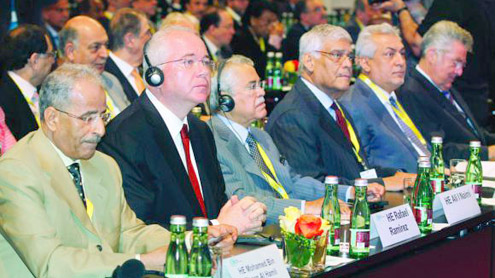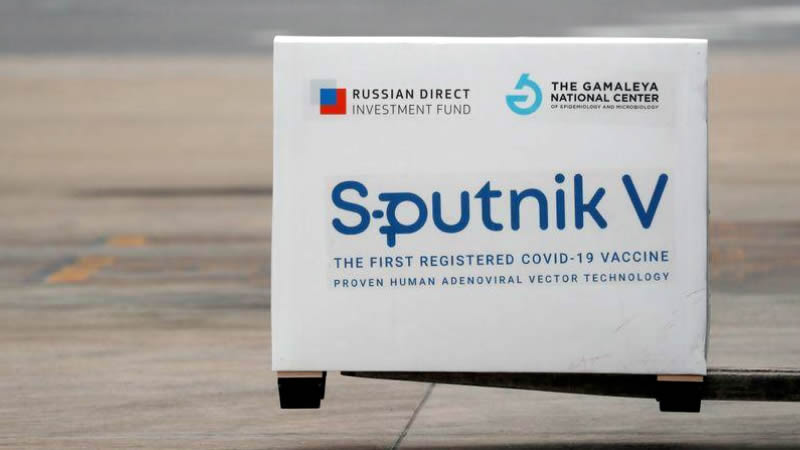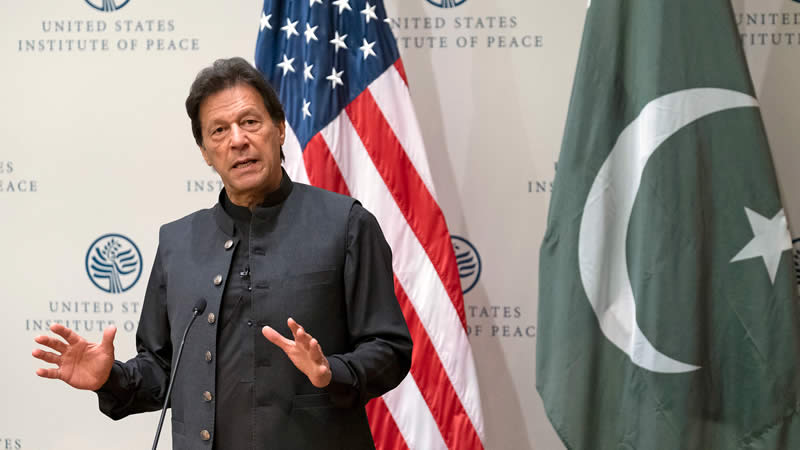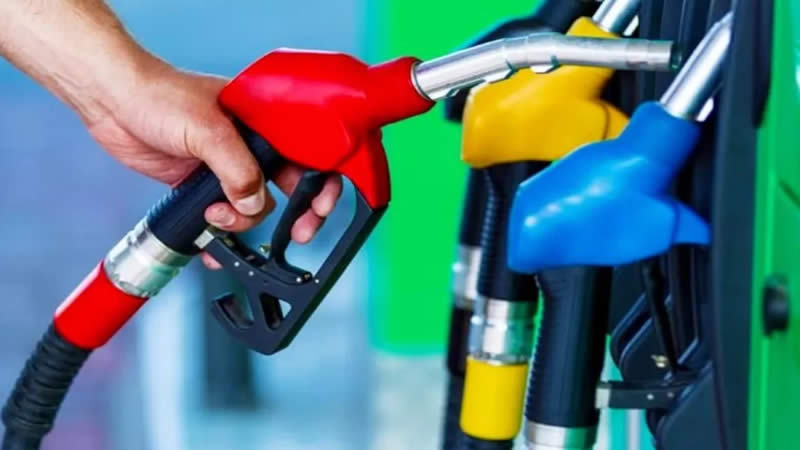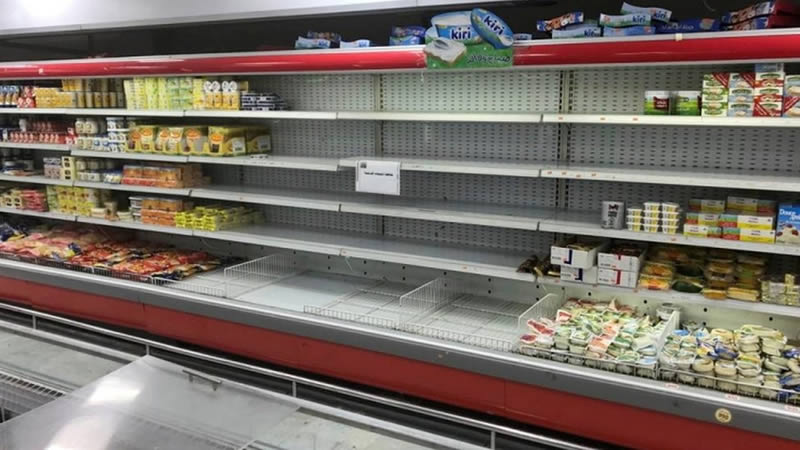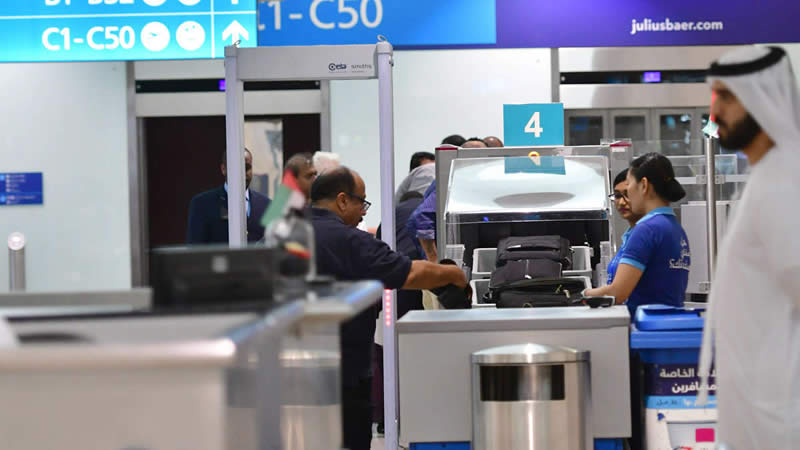
NEW YORK: Brent crude futures turned positive while US oil extended gains yesterday after news that OPEC had agreed to keep its collective oil output ceiling unchanged for the second half of the year at 30 million barrels per day, according to a delegate to the conference.
The announcement came amid concerns over oversupply, a weak global economy, uncertain demand and the impact of Western sanctions on Iran. In London, Brent crude for July delivery which is expiring at the close, was up 2 cents at $97.15. The more actively traded August crude was up 47 cents at 97.19. The July contract had settled Wednesday at the lowest level since January 2011.US July crude was up $1.17 at $83.79. It hit a session high of $83.93, after having ended the previous session at the lowest since Oct. 6. Oil prices have dropped from a $128 peak for Brent crude in March to $97, in part because the economic outlook has darkened but also because of increased output from the Kingdom that in April set a 30-year high of 10.1 million barrels a day.
Extra supplies are largely responsible for lifting OPEC output to 31.6 million bpd, well in advance of the group’s formal target, first set in December. Petroleum and Mineral Resources Minister Ali Al Naimi has called the extra supplies and consequent oil price decline “a kind of stimulus” for the world economy. Analysts, quoted by Reuters, say the Kingdom is keen to prevent high fuel costs hampering a return to stronger economic growth in the West. During talks in Vienna, India sought extra oil supplies from Saudi Arabia, Qatar and Algeria, as the country, already cutting its dependence on Iran, works to secure additional barrels to feed its expanding refining capacity. India has sought an additional 100,000 barrels per day (bpd) of oil — equivalent to 5 million tons a year — from Saudi Arabia, on top of 640,000 bpd which it got in 2011/12, a government statement said, citing a meeting in Vienna on Thursday between oil ministers of the two countries.
India, exempted on Monday from the latest US sanctions aimed against Iran’s disputed nuclear program after cutting crude purchases from Tehran, is the world’s fourth-largest oil importer and the second-biggest customer of Iran.
In 2012/13 India’s annual oil imports from Iran could fall even further than a planned 11 percent cut as it is struggling to secure Iran shipments, hit by insurance problems triggered by European sanctions that take effect in July. At a meeting with Petroleum and Mineral Resources Minister Ali Al-Naimi, India’s oil minister S. Jaipal Reddy also invited investment from the Kingdom in its petrochemical and downstream sector. During a meeting with Iranian oil minister Rostam Qasemi, Reddy sought more time to settle terms of a service contract for part of the giant South Pars gas field between ONGC Videsh Ltd. and Iran Offshore Oil Company, the statement said.
Development of Iran’s energy sector has been slowed by the sanctions and many foreign companies have been forced to pull out. Energy-hungry India is keen to keep discussions running. Reddy also sought extra oil supplies from Algeria, which has recently started supplying state-run Indian Oil Corp. and may soon supply Hindustan Petroleum Corp. India, which faces declining local gas output, also wants liquefied natural gas (LNG) supplies from Algeria on a long-term basis and Reddy added said it wanted to invest in the sector in Algeria. GAIL (India) is in talks with Algeria’s national oil company Sonatrach for LNG imports on annual basis, the statement said. Reddy also discussed pricing of a 3.5 million tons a year LNG deal between Petronet LNG and RasGas with Qatar’s oil minister Mohammed Al-Sada, hoping for an early solution. Qatar, the world’s top LNG exporter, annually supplies 7.5 million tons of LNG to Petronet under a long-term deal. -Arabnews


